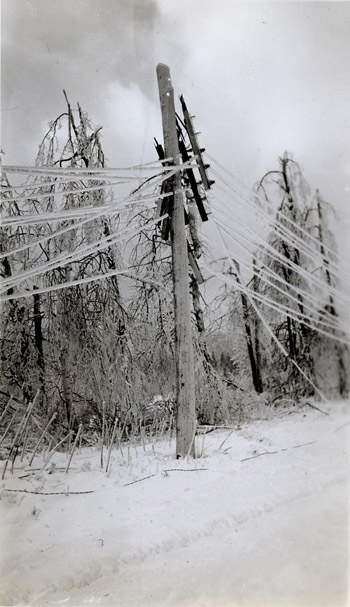Southeast Asia Collection
The Southeast Asia Collection highlights the regional wars from the 1970s to the 1980s, including a series on Southeast Asian refugees in America, along with materials on regional economic development, especially in the Mekong River Basin. The collection contains hundreds of reports on agricultural and industrial projects in the region, examining everything from the impact of electrification on village life in Thailand to a description of a Soviet-built hospital in Cambodia in 1961, to an assessment of herbicide in Vietnam in 1971.
Collected primarily by Joel Halpern and James Hafner, the collection includes background, field, and situation reports by U.S. Operations Missions and U.S. Agency for International Development; reports, publications, statistics, and background information from other U.S. government agencies, governments of Laos and Thailand, and the United Nations; correspondence, reports, and reference materials of nongovernmental organizations; reports and essays by individuals about Southeast Asia; news releases and newspapers; published and unpublished bibliographies; and interviews with U.S. military personnel. Most material comes from governmental and organizational sources, but there are papers by, and debriefs of, numerous individuals.

